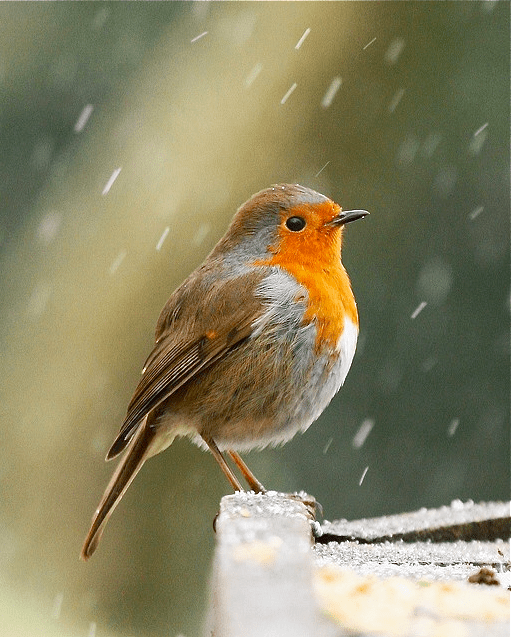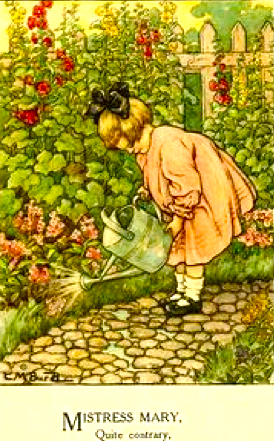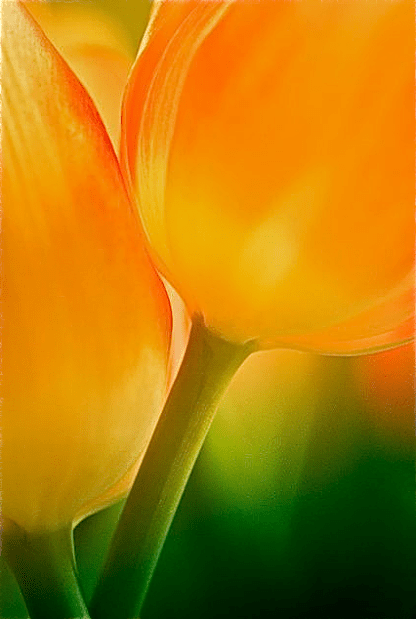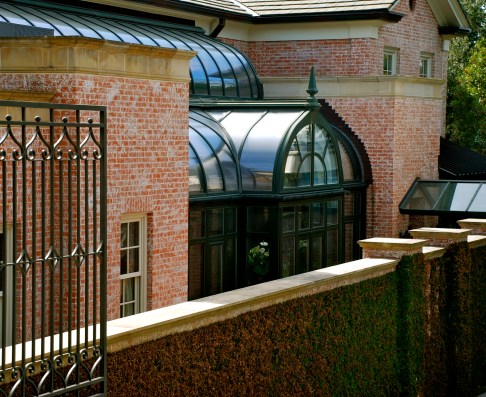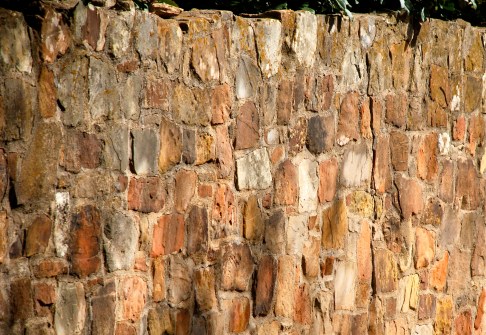Of pain you could wish only
one thing: that it would stop.
Nothing in the world is so
bad as physical pain.
In the face of pain there are no heroes.
~George Orwell
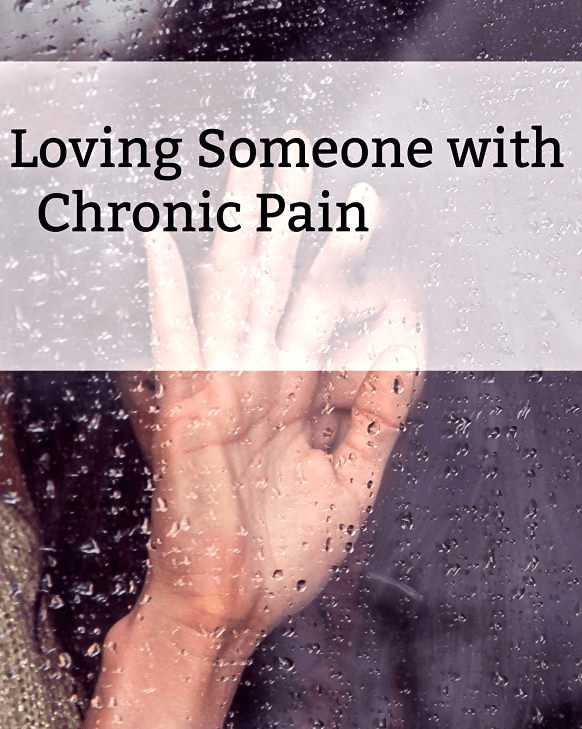
This is not a plea for sympathy. Nor is it a cry for help, nor a need for response, nor an abandonment of hope for better days. Instead it is a bid for understanding of a place where some have never been, at least not for very long, a place that has to be believed to be felt because chronic pain comes with a terrible price and aching loneliness. Because I’ve lost another whole day of my life to the chronic pain that has dogged my days since I was 25 years old, I’ve been struggling to cope and understand as well as to find the strength to endure both the pain and the aloneness of it. In doing so I remembered that several of my followers fight the same battle every day of their lives too. And so tonight I wanted to try to explain the double-edged sword of pain in hopes that readers would try to understand how hard a battle it is. As Orwell, said there are no heroes, unless they be the ones whose compassion encourages a willingness to believe and stand by the sufferer’s side. Below is an excerpted, edited, and adapted article written by Dr. David Biro whose words are the best I’ve found so far in describing what the battle of chronic pain is truly like.
“Part of what makes pain ‘painful’ is its privacy and unsharability, the feeling of aloneness. “Nothing is quite so isolating,” writes Robert Murphy ‘as the knowledge that when one hurts, nobody else feels the pain…’ This under-appreciated feature (to an outsider, that is) is especially true for pain that persists, chronic versus acute pain. When one breaks a bone, the pain can be excruciating and isolating for hours or days, but once it lets up, one can return to the intrinsically social being that defines our species. When the pain goes on for months or years, it becomes more and more difficult to reintegrate oneself into a world that has no idea what a long-term sufferer has been experiencing. That kind of pain causes a rupture because it inverts normal perspective. Instead of reaching out to other people in work or play, people with chronic pain turn inward and become self protective which is an instinctive, understandable response. Something is wrong inside and so they must attend and focus on the threat and make sure it doesn’t get any worse. But while the pain inside looms large for the person experiencing it, it is often invisible to the person viewing it from the outside be it a a doctor, a sibling, a spouse, or a friend. Even when they see something wrong on the surface of the body, a bleeding wound for example, they don’t ‘see’ the pain, which in their mind may or may not be as severe as the person claims. And when there is nothing to see on the surface, in the case of migraine or neuropathic pain, their doubt only increases. Even if the outsider believes the sufferer, it is difficult for him/her to imagine what it’s like or how severe it is (how easily the pain-free forget past pains); or at times, the outsider simply doesn’t want to hear about the pain over and over again because what’s extremely important to the victim is not so important to the observer. Thus when one combines a sufferer who intensely feels his pain with an outsider who can’t see or feel it at all, the result is a widening of the normal barrier that exists between people. And as a result a great wall suddenly springs up even though the sufferer may be surrounded by the people he/she loves most in the world. That’s when the sufferer might as well be on another planet where his/her screams cannot be heard nor the tears seen nor the anguish felt. For an outsider is simply incapable of having any idea of what’s happening on the sufferer’s side of the wall, a place where the utter aloneness can hurt as much as the physical pain itself.”
“Yet if I speak, my pain is not relieved; and if I refrain, it does not go away.” ~Job 16:6 ✝
**Image via Pinterest

